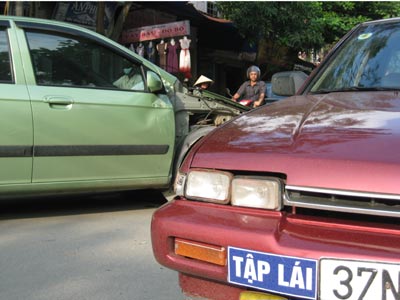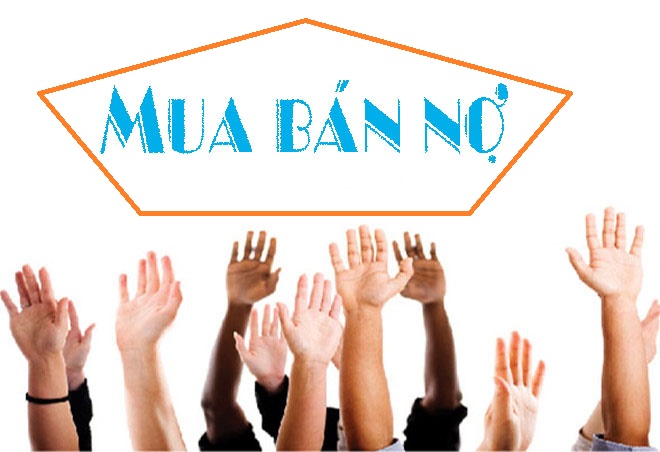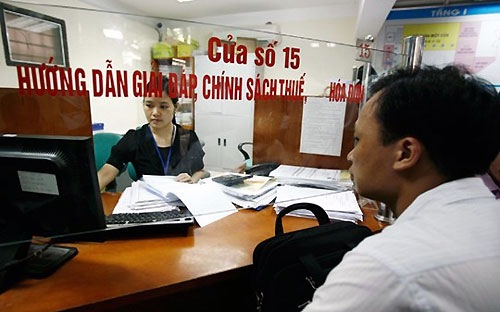What is an enterprises holding a dominant position on the market? What are penalties for violations against regulations on abuse of dominant position in Vietnam? - Thuy Loan (Bac Kan, Vietnam)

What are penalties for violations against regulations on abuse of dominant position in Vietnam? (Internet image)
1. What is an enterprises holding a dominant position on the market?
According to the provisions of Article 24 of the Competition Law 2018, An enterprise shall be considered to hold a dominant position on the market if it has substantial market power as specified in Article 26 of the Competition Law 2018 or has market shares of 30% or more on the relevant market.
|
Determination of substantial market power under Article 26 of the Competition Law 2018, specifically: Substantial market power of an enterprise or group of enterprises is determined based on some of the following factors: - Market shares of enterprises on the relevant market; - Financial strength and size of the enterprise; - Barriers to market entry and expansion to other enterprises; - Ability to obtain, assess, control the goods distribution/consumption market or sources of supply; - Advantages in technology and technical infrastructure; - Right to own, obtain and assess infrastructure; - Right to own or use subject matters of intellectual property; - Ability to transfer to other sources of supply or demand associated with other goods and related services; - Particular factors in the sector that the enterprise runs the business. |
- A group of enterprises shall be considered to hold a dominant position on the market if they jointly cause anti-competitive effects and have substantial market power as specified in Article 26 of the Competition Law 2018 or their total market shares fall into one of the following cases:
+ Two enterprises having the total market share of 50% or more on the relevant market;
+ Three enterprises having the total market share of 65% or more on the relevant market;
+ Four enterprises having the total market share of 75% or more on the relevant market;
+ At least five enterprises having the total market share of 85% or more on the relevant market.
- A group of enterprises holding a dominant market position prescribed in Clause 2 of Article 24 of the Competition Law 2018 excludes an enterprise holding market share of less than 10% of the relevant market.
2. Prohibited abuse of a dominant position or abuse of a monopoly position in Vietnam
According to Article 27 of the Competition Law 2018, an enterprise or group of enterprises holding a dominant position on the market is prohibited from:
- Selling goods or providing services below costs that drives or probably drives competitors out of the market;
- Imposing irrational buying or selling prices of goods or services or establishing minimum resale price maintenance (RPM), which causes or possibly causes damage to customers;
- Restricting production and distribution of goods, services, limiting markets, preventing technical and technological development, which causes or possibly causes damage to customers;
- Applying dissimilar commercial conditions in similar transactions, which leads to or possibly leads to prevention of other enterprises from market entry or expansion or exclusion of other enterprises;
- Imposing conditions on other enterprises to conclude goods or services purchase or sale contracts or requesting customers to accept obligations which have no direct connection with subjects of such contracts, which leads to or possibly leads to prevention of other enterprises from market entry/expansion or exclusion of other enterprises;
- Preventing other enterprises from market entry or expansion;
- Other prohibited abuse of a dominant position prescribed in other laws.
3. What are penalties for violations against regulations on abuse of dominant position in Vietnam?
Pursuant to Article 8 of Decree 75/2019/ND-CP, acts of abusing dominant position can be administratively sanctioned as follows:
- A fine ranging from 01% to 10% of total turnover of the enterprise holding dominant market position or each enterprise in the group of enterprises holding dominant market position earned from the relevant market in the financial year preceding the year in which the violation is committed shall be imposed upon that enterprise for:
+ Selling goods or providing services below the costs that drives or probably drives competitors out of the market;
+ Imposing unreasonable purchase or selling prices of goods or services or setting a minimum resale price maintenance that causes or may cause harm to customers.
+ Restricting production or distribution of goods or provision of services, limiting markets or restricting technical/technological development that causes or may cause harm to customers;
+ Applying dissimilar conditions to equivalent transactions with other trading parties that prevents or may prevent other enterprises from engaging in or expanding their market or force them out of the market;
+ Applying conditions for concluding contracts for trading of goods or provision of services to other enterprises or requesting other enterprises or customers to accept obligations which are not related to objects of contracts, that prevents or may prevent other enterprises from engaging in or expanding their market or force them out of the market;
+ Preventing other enterprises from engaging in or expanding their market;
+ Performing other prohibited acts of abuse of dominant position as regulated by law.
- Additional penalties:
Profits illegally obtained from the administrative violation shall be confiscated.
- Remedial measures:
+ The violating entity is forced to remove illegal terms and conditions from business contracts, agreements or transactions;
+ The enterprise that abuses its dominant position is forced to carry out restructuring.
Nhu Mai
 Article table of contents
Article table of contents






.Medium.png)
.Medium.png)
.Medium.png)
.Medium.png)
